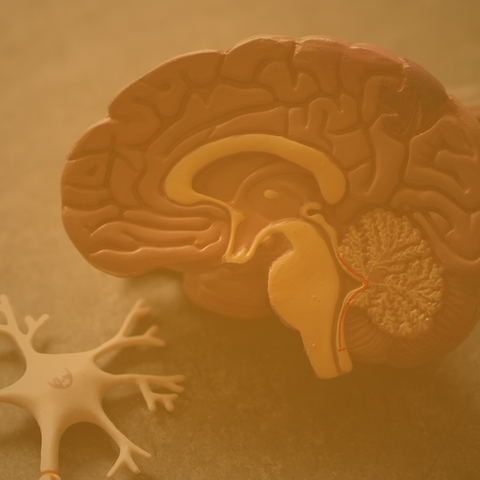Learning & education

An unfortunate rumor has taken hold that hair loss is an accepted side effect of creatine use. In today’s article, we’ll look at the science behind this rumor, review the existing research, and offer practical guidance for those worried about hair loss.

The idea that gut microbes may be influencing mental health or even neurological disease isn't just exciting, it's transformational. Let’s explore how this invisible ecosystem within us could hold keys to understanding anxiety, depression, and more serious neurological disorders like Parkinson’s or Alzheimer’s.

One question that continues to generate debate is whether creatine causes weight gain or can help contribute to weight loss. While the answer isn’t straightforward, this article will break down how creatine works, its effects on weight, and what you should consider if you’re thinking about adding it to your nutritional regimen.

Let’s take a walk through the gut-brain connection, meet the GABA-producing bacteria hiding in your microbiome, and see how you can turn up the volume on calm.

A new era has arrived, folks. We have entered the era of minor cannabinoids. And one of the most promising, making up just 1% of cannabis and hemp plants, is cannabigerol or CBG. Much like CBD, CBG is a non-psychoactive cannabinoid that can have profound effects on inflammation and neuroprotection.

